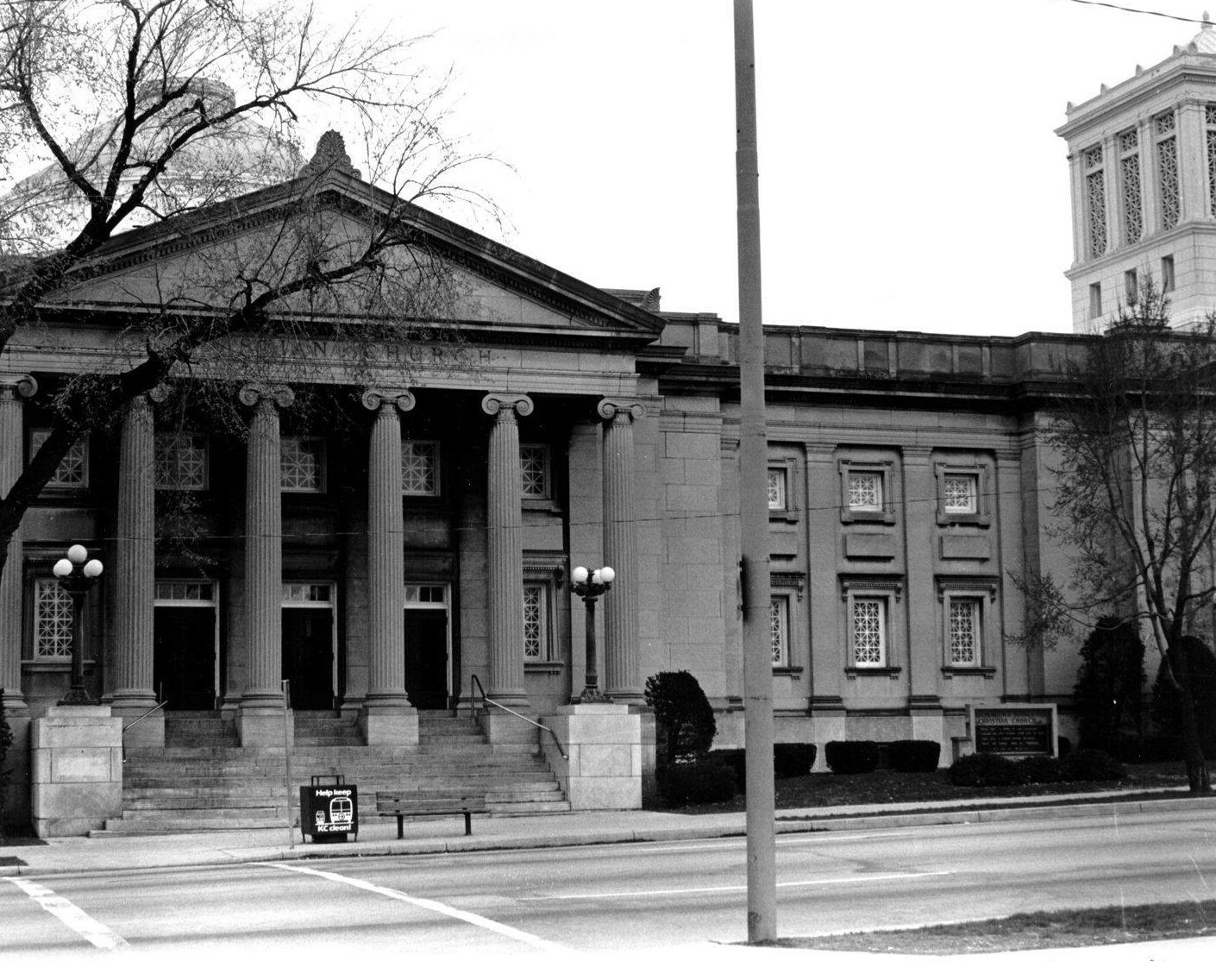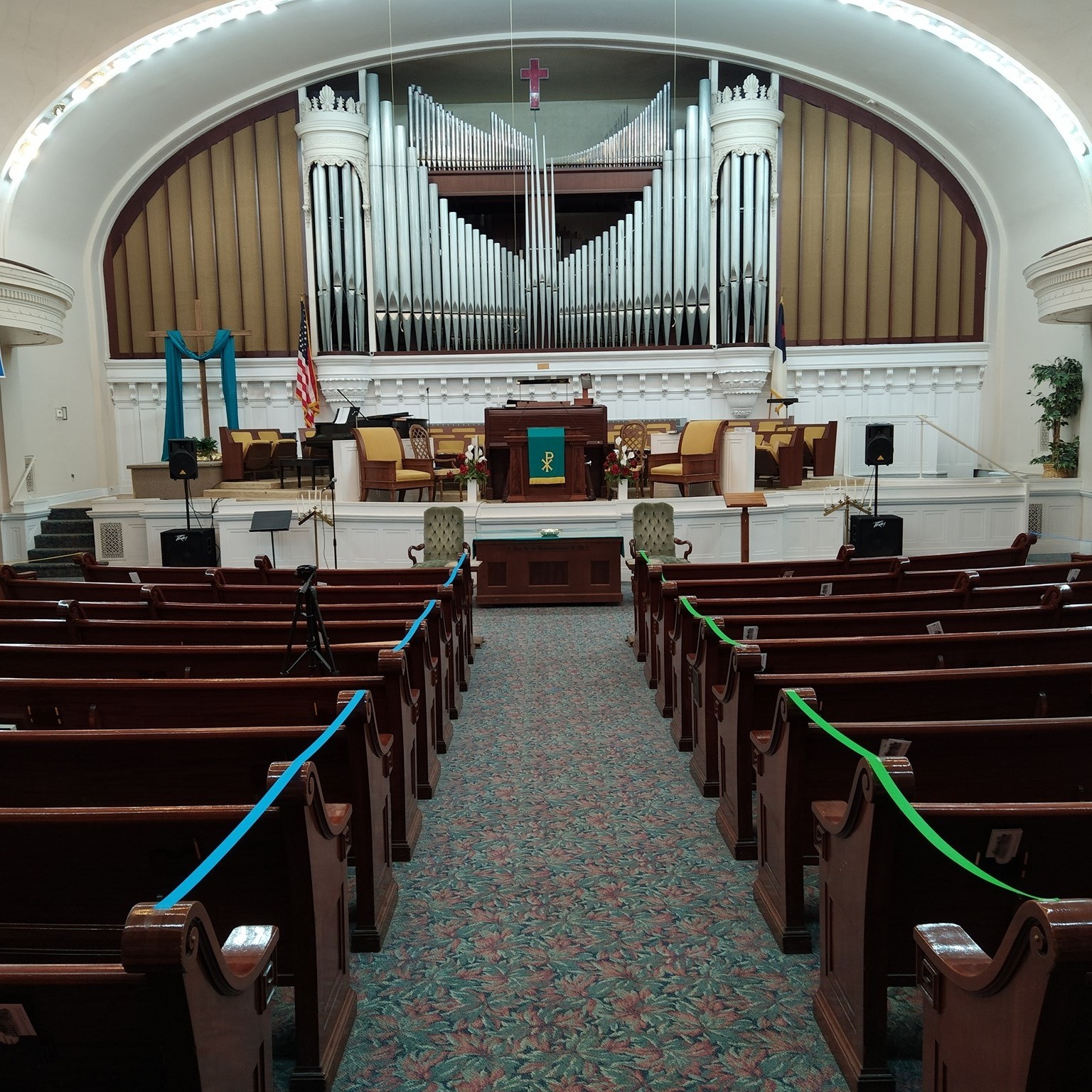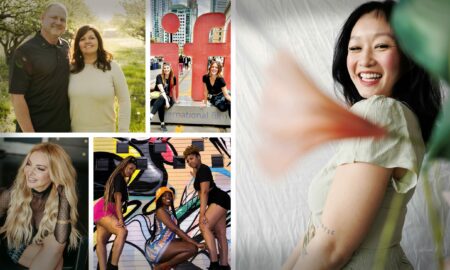
Today we’d like to introduce you to Rev. Mindy Fugarino.
Hi Rev. Mindy, we’re thrilled to have a chance to learn your story today. So, before we get into specifics, maybe you can briefly walk us through how you got to where you are today?
I grew up in a pastor’s family, meeting a Jesus who loves all, includes all, serves all, and invites all into abundant life. I knew I wanted to be a part of God’s work which builds beloved community without judgment or shame. As I’ve become more and more aware of the injustices and inequities of our society, I’m investing more in the racial and economic equity necessary for true community.
My journey in professional ministry started as a clear call by the age of nine, took several turns as I wrestled with my own needs for grace, restarted with serving as a youth minister & attending seminary at Brite Divinity School of TCU, moved into mental health & addiction chaplaincy, congregational pastoring, spiritual guidance in a life change program at the Federal Prison, spiritual direction, nonprofit work with families experiencing houselessness, trauma-informed and empowerment work with juveniles & families, community organizing, hospice chaplaincy, and then here in a unique congregational setting which integrates all of the above.
The common threads through all of the journey for me have been people who have embodied for me what grace and love truly are; the joy of sharing in the process of transformation for individuals & communities; and the power that comes through relationships with mutual humility, vulnerability & accountability. As a person of faith, I find God in the midst of all these threads. They provide the fertile soil for communities to bear fruit. I love to partner with others who are investing in a world where everyone is honored for the image of God within them, and I love watching what can unfold through the shared wisdom and resources.
We all face challenges, but looking back would you describe it as a relatively smooth road?
Yes, there are obstacles. Sometimes from within, sometimes from other individuals, and often from the systems around us that were set up to serve a myth of white supremacy. As a minister, I’m always questioning what Jesus would really want in any given situation. With many justice issues, it usually seems clear: he came to give sight to the blind, good news to the poor, release to the captives, freedom for the oppressed, and the year of the Lord’s favor where debts are canceled and the privileges of hierarchies are leveled (equity).
When this congregation called me, they were already invested for almost 20 years in providing for basic needs of our neighborhood, everything from a weekly hot meal to clothing, medical care, and hygiene. Of course, they were only able to provide these services with the partnership of many volunteers from across the metro and across various faith and secular traditions. Two of these volunteers, Darrell and Rev. Sharon Cantrell have been key to raising the funds and sweat equity needed to run the operation. Organizations like Care Beyond the Boulevard (CBB) came along just in time to provide free medical care not just to our neighbors but also to people experiencing houselessness all around the area.
One major challenge came with COVID19 and revisioning the work to be outdoors rather than indoors for the safety of all involved. The hottest and coldest days of the year are obviously the most challenging because so many people have to stand in line in the cold. I’ve been impressed with all the was volunteers have improvised and made it happen, and even added services like helping people sign up for their stimulus checks.
The challenges also come from the reality that our amazing building still needs some serious TLC in order to continue to provide hospitable space not only for the church & Micah Ministry but also for CBB offices & clinic and the Ryogoku Soccer Academy on the third floor. We’re seeking funds now for HVAC to provide moving, filtrated air in the fellowship hall where hope to one day again serve indoor sit-down meals rather than to-go meals as well as for the school and rooms used by other groups. We also need an elevator to reach all floors in order to provide dignified ADA compliance. Smaller yet still important needs include some minor interior renovations, drainage work, painting, window help, etc.
Sometimes it can even be a challenge to get clear on why we are here and what kinds of efforts we want to host in the building that fit with our vision for how best to serve the community and embody love.
All of us feel the challenge of watching the needs grow, especially the numbers of people experiencing houselessness. The layers of help needed can feel daunting, and we always ache when we cannot meet all the needs. Our neighbors here have endured immense trauma on the streets, and even those who have a roof over their heads have their own traumatic journeys and many barriers that prevent them from thriving.
Our whole world has just experienced prolong losses/grief as well as fear/anxiety, not to mention deep division stoked by alternative facts. Everyone across socio-economic lines are feeling the weight of these times. More of us are carrying heavier internal emotional loads. Simply taking the time to acknowledge what’s going on inside ourselves, much less healthfully managing those emotions can seem a luxury. Learning to compassionately navigate the over-burdened personalities all around us can be taxing, but this is our new reality, and people of faith should certainly be committed to the effort.
It’s also a challenge to help walk with a congregation and our partners through serious changes, especially as the needs for change continue to evolve. Seeing a church not simply as a worshiping entity but as a Body of Christ which expresses God’s love in a variety of ways with a myriad of others also means that things won’t look like they used to. I like to think of the goals as Dr. Martin Luther King’s Beloved Community, but also as a tangible way the church actively lives into the reign of God described by Jesus.
The vision can be exciting, but each step along the journey can trigger grief over what cannot be done the way it once was, as well as concerns about how to fund for the future. Our resources are not unlimited. We will need others to share in the vision and partnerships in order to carry the work forward. There’s always a challenge called fear when we don’t know exactly how things will unfold. But we choose to be hopeful and faithful through it all.
So far, God seems to be bringing new opportunities, encouragement, and support along the way. We’re always open to more.
Can you tell our readers more about what you do and what you think sets you apart from others?
Along the way, I’ve thoroughly enjoyed the opportunities to learn skills that help me and others to grow in self- and other awareness as well as in ability to steer what is within and act compassionately for what we see in others. Some describe this as Emotional Intelligence, and I would also add that it incorporates cognitive monitoring of our thinking; communicating nonviolently; understanding of the ways trauma impacts individuals neurologically; discovering the layers of trauma caused by racism and other systemic barriers; as well as intentional moral development that moves us to care for more than “me and mine,” but also for the common good. I consider myself still learning about all of these, but I celebrate how the learning already has empowered my own relationships and those with whom I’ve mentored.
I take Jesus very seriously when it comes to how we treat people and how we love. I believe that the skillsets I’ve pointed to all have some roots in what Jesus instructed and modeled. It’s hard work, but the fruit of it is pretty powerful.
I tend to look for wholistic solutions that can be collaboratively addressed, and I’m pretty persistent. The anger that surges when I observe injustice often serves as part of the fuel to motivate me to continue. I don’t need the work to center on me or point back to me, I just need it to make a dent in the sometimes overwhelmingly unjust walls we’ve erected over time. I need the work to make a difference both in the life of the individual person who has rarely felt loved and in the systems that made that scenario more likely.
I don’t know how much this sets me apart. I do know that I have a unique set of experiences in my life that have allowed me some helpful tools for my current setting. I’ve also walked into some pretty steep learning curves and am learning to reach out for the wisdom of people who know more than I do about some things. I’m also welcoming the gifts of others to do some of the things I actually kind of like to do, but would free me up to focus on things only my position can address.
Are there any important lessons you’ve learned that you can share with us?
Breathe. Breathe to remember I’m human. Breathe to connect me to the Divine breathing life, guidance, and strength into me. Breathe to give space for the Spirit to intervene between my reactive reflex and a potentially wiser response. Breathe to take the time to listen more deeply to what others are saying, what my own body is saying, and possibly even what God is trying to say through it all. Breathe to release the tension….through childbirth, through challenging workouts, through deep emotional grief, through scary paths, through the initial infuriating fog of injustice…. Breathe to be still long enough to know whose I am and who I’m meant to be. Breathe to notice the fragrance and nuance of blessing nearby. Breathe to remember we all breathe this air and we’re all human.
Contact Info:
- Email: [email protected]
- Website: www.ibcckc.org
- Facebook: https://www.facebook.com/Independence-Boulevard-Christian-Church-109485050956592/?ref=page_internal














